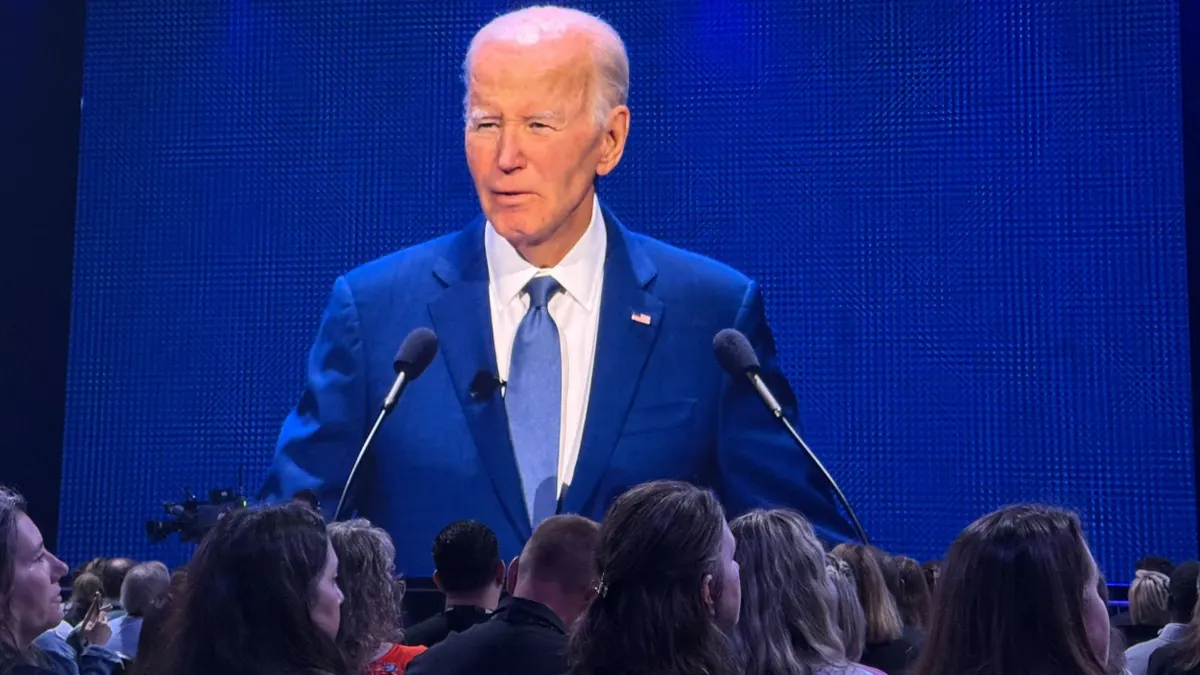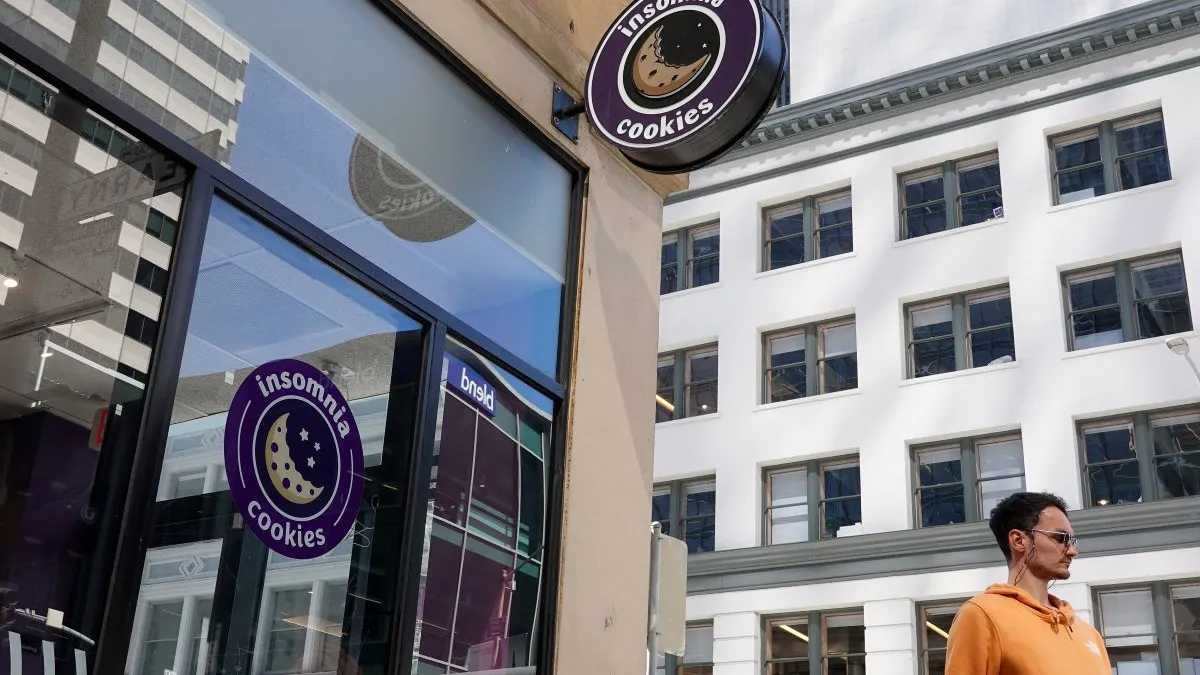What do Starbucks, Apple and Chick-fil-A have in common?
All three have CEOs that like to speak their minds—and, in some cases, position their company as a lodestone of social progressiveness. Howard Schultz of Starbucks, in particular, has dominated headlines by leading the charge to employ 100,000 jobless youth and his continued interest in promoting diversity.
But having an opinion is a world away from executing a purpose-driven social position – especially when you have hundreds, even thousands, of other employees to consider. In this case, a CEO’s words can tie directly to company values and image, both of which are now key flashpoints for employee engagement.
When faced with an outspoken CEO, HR may bear the brunt of the consequences – good and bad.
Not new, but newly scrutinized
The 24-hour news cycle and social media have made corporate social involvement extremely obvious, said Mark Pastin, CEO of the Council of Ethical Organizations, to HR Dive. Back in the ‘70s, companies were drawn to environmental issues, but the only people who monitored this behavior were interest groups – and on the basis of information the companies provided themselves.
Now companies are being held accountable before they are ready, Pastin said.
“Apple is standing up for LGBT rights, but it’s getting killed on its overseas production. How can you consider yourself an ethical company when your goods are produced at a low living wage?” he said. Such behavior can create a problematic company image, despite all best intentions.
But not all agree that company leaders are in a position to enact these beliefs. Todd Thibodeaux, president and CEO of CompTIA, said companies are instead trying to give their employees the power to act in their communities.
“Very few leaders combine deep heartfelt beliefs with enough credibility in their company and with their board to be vocal,” he said in an email. “What has been a trend are leaders being more conscious of creating great workplace cultures and empowering their employees to give back.”
What employees really think
Some backlash can be seen in survey data, said Pastin. His nonprofit company studies the ethical climate of companies, and he says they have noted some resentment from employees when the company they work for takes a stand – especially if they don’t see the benefits in their daily work life.
Handled the wrong way, taking these stands can come off as selfish at worst and a distraction at best, said Thibodeaux.
“As a CEO it's risky and difficult to get an entire company to live up to ideals that stray too far from what is generally accepted as the ‘right thing to do,’ ” Thibodeaux said. “That's why charitable activities like companywide volunteer days, charitable matching, holiday giving and personal days off for charitable works are becoming more common.”
Only about one-third of the U.S. workforce “strongly agrees that the mission or purpose of their company makes them feel their job is important,” according to a recent survey by Gallup. Organizations are still struggling to develop connections between their brand aspirations and the culture they cultivate, which is “costly.”
“Employees who are more aligned with their company’s identity perform higher on key business performance metrics than do employees who are less aligned,” said Gallup.
Interestingly, the length of time an employee has worked at a company has an effect on how he or she would view the company taking social positions, said Pastin. Employees who have worked at the company for one to three years generally buy in, as do very long-term employees. But those in the three- to seven-year mark tend to be more skeptical, having exited the honeymoon period after being first hired on but not having been with the company long enough to have a fully entrenched sense of loyalty.
Something important to note: younger employees tend to approve of these movements more than others. If a company is making a big deal about social responsibility, they tend to have a high percentage of millennial employees, said Pastin.
When it goes wrong (sort of)
The companies that are most often linked to social responsibility are also most often linked to more liberal-leaning politics. There’s considerably less data about conservative-leaning companies taking a stand on social issues, Pastin said. But some examples do exist.
The Chick-fil-A CEO, Daniel Truett Cathy, famously spoke out against same-sex marriage in 2012. His words sparked a slew of boycotts, counter-boycotts and corporate gymnastics from those that felt they needed to end relationships with Chick-fil-A in response to the controversy (another example of corporate social involvement in itself). But Chick-fil-A recovered from the ordeal, Pastin said, partly because they have a strong reputation for treating their employees fairly regardless of beliefs.
Moving forward
Internally, Thibodeaux said, there hasn’t been much change in leadership training in response to these demands.
“We have our hands full getting leaders to do a good job of managing cultural and generational diversity,” he said. “I would expect leading on social issues would be pretty far down the list for most boards looking to groom a CEO.”
Instead, issues of internal diversity and corporate fairness are gathering attention, particularly in the tech world.
But the Gallup survey makes it clear that company action speaks louder than words. Action and values should align right down to hiring, benefits and compensation so employees truly feel like they are part of something bigger and better – an HR manager’s dream.



















